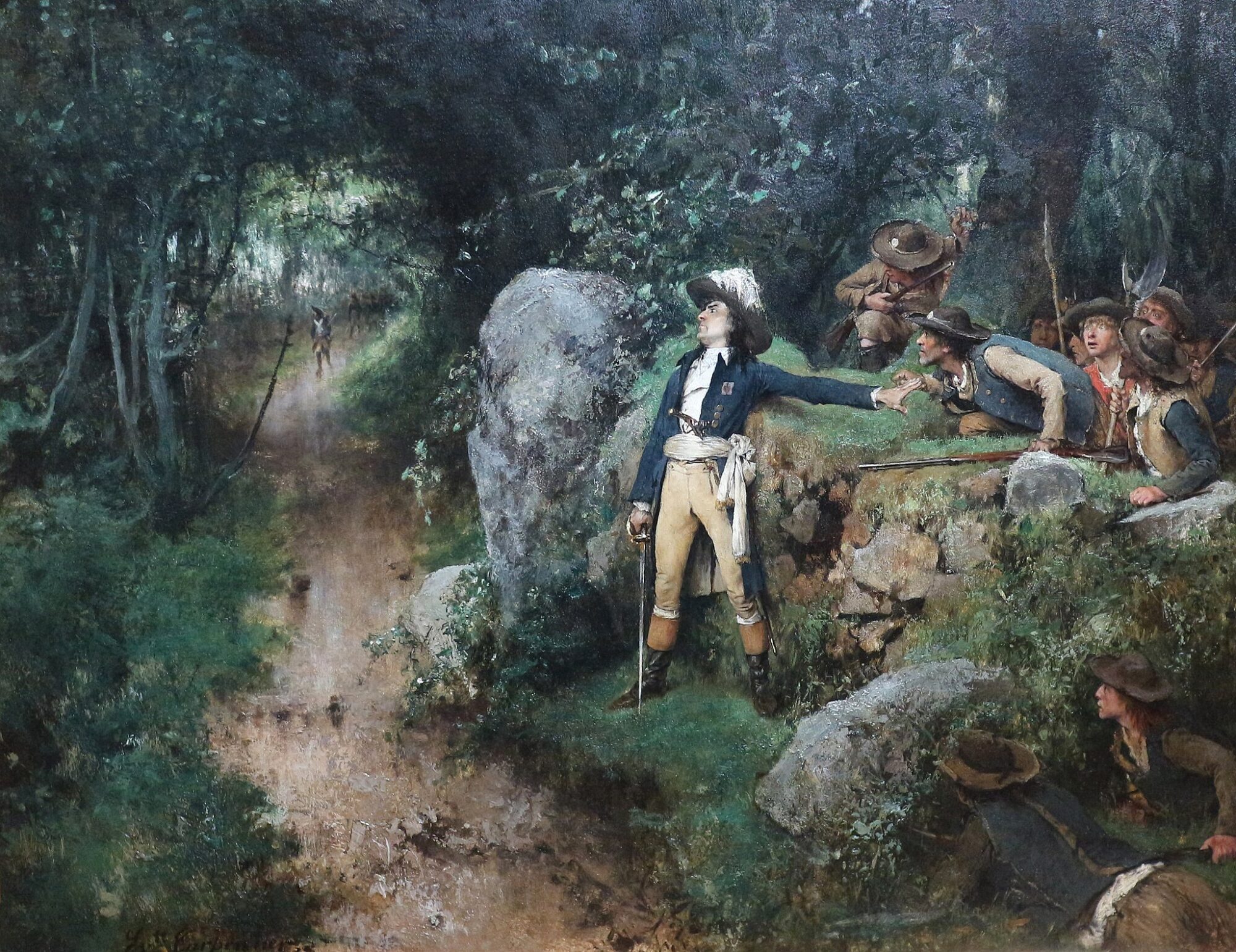
The Counter-Revolution Revisited
We must rediscover the principles that—in as many forms as there are Western nations—founded each of our countries and the West as a whole.

We must rediscover the principles that—in as many forms as there are Western nations—founded each of our countries and the West as a whole.
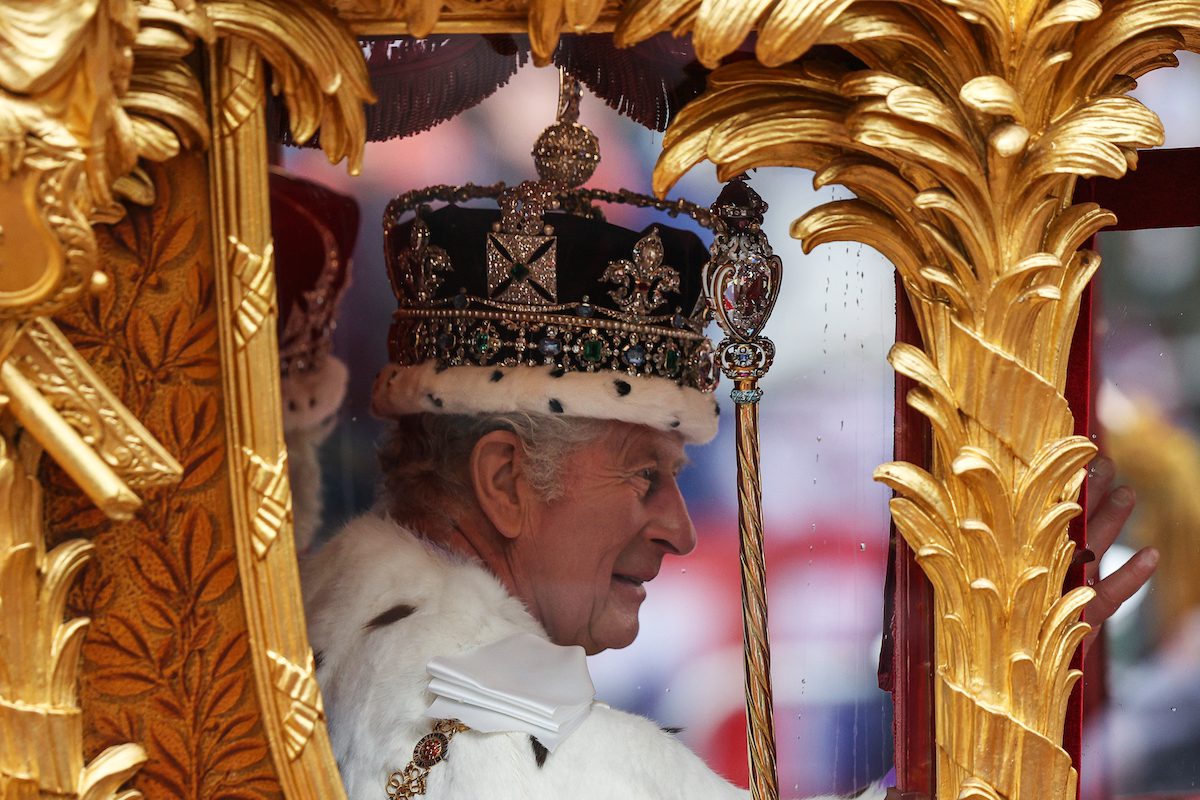
“Germany ceased to have Kings when the Germans ceased to be a Kingly people.” Such could be said of any nation in Europe, or her daughter nations across the seas. Let us pray and work to deserve better than the rulers we now have.
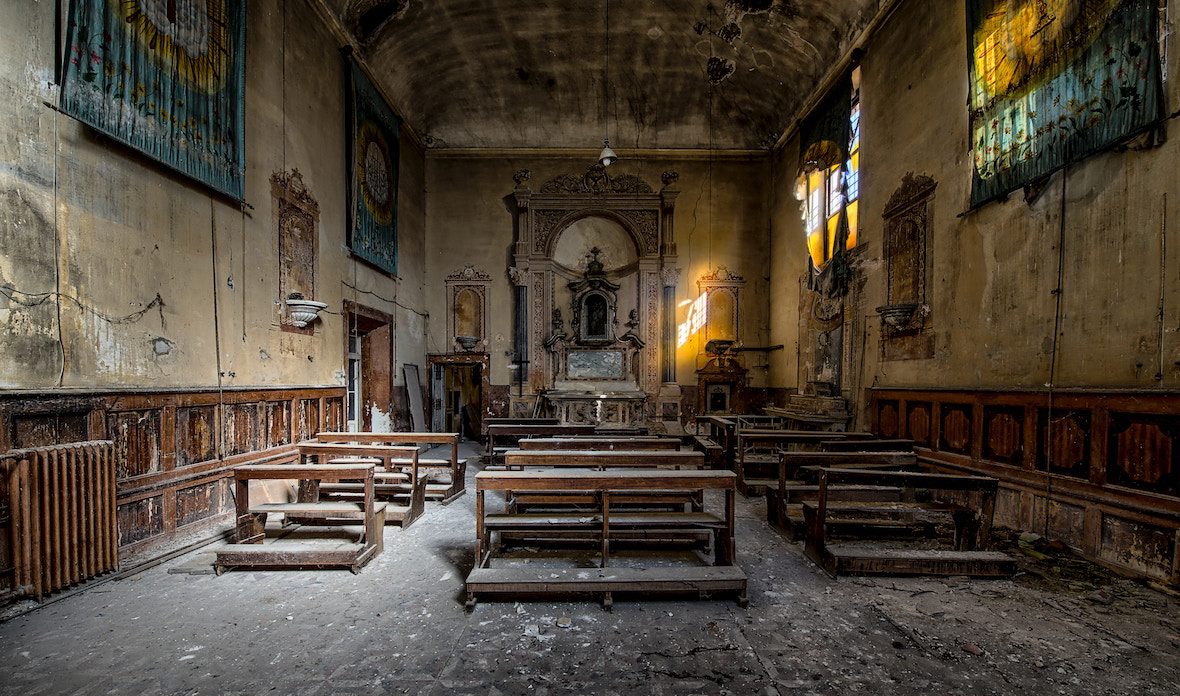
While the soul—like the Church—is indeed immortal, neither the body nor the State are. The zombie governments of this world shall continue to bounce off each other until they rot completely.
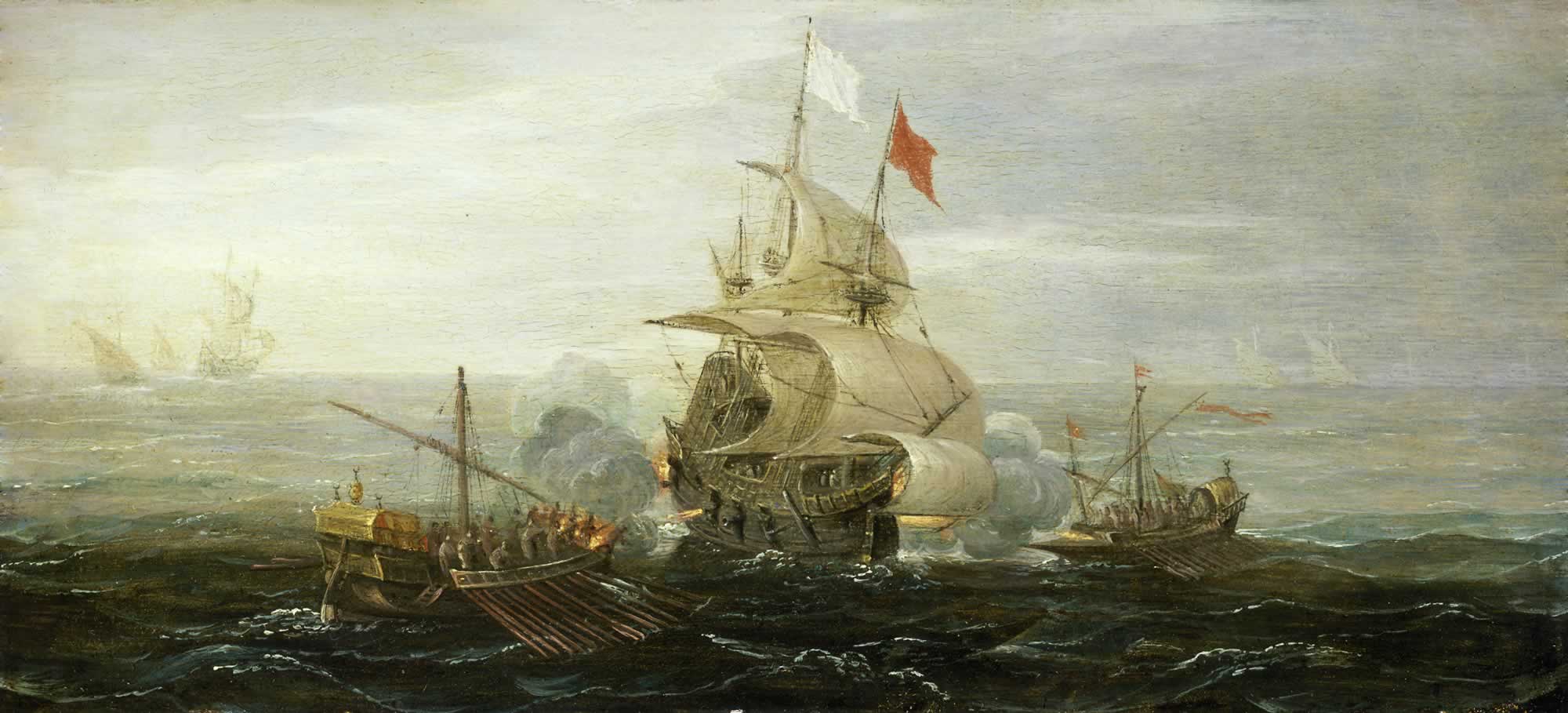
There is a lot of really cheap thought flying around today in academic, media, and government industries dealing with political history. One of the chief tenets is that of the intrinsically evil nature of European colonization of much of the world.
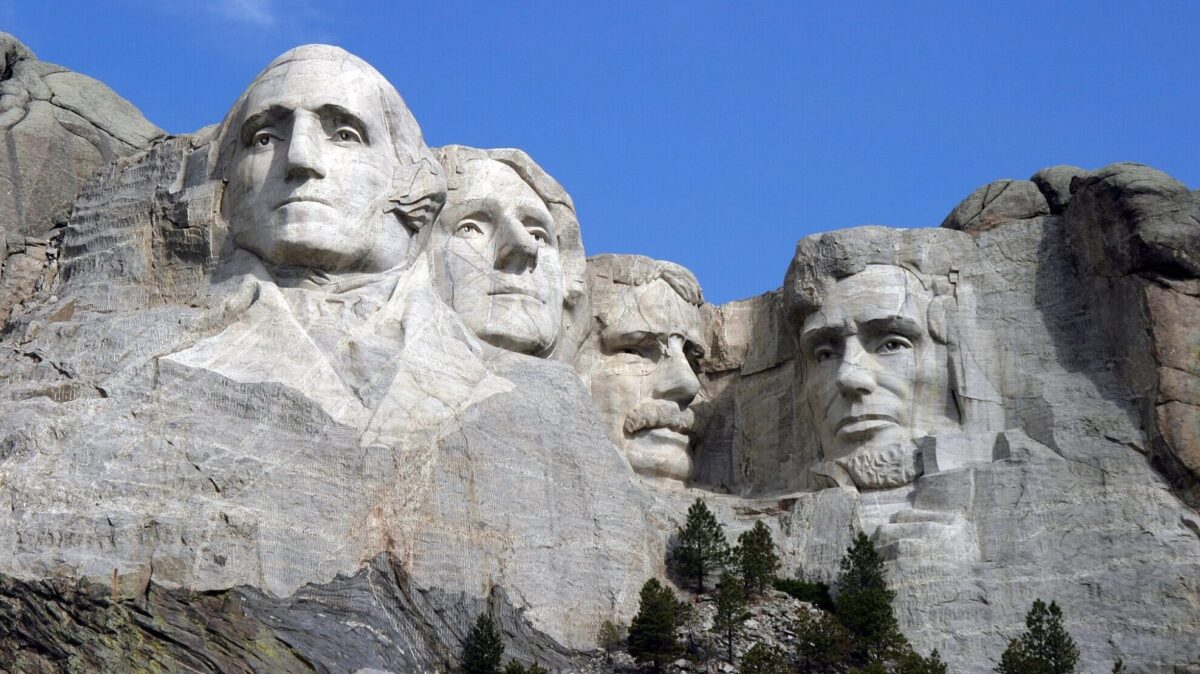
The problem, of course, is that at the end of the day presidents are not monarchs. Such figures cannot serve as “living flags,” let alone constitutional guarantors.
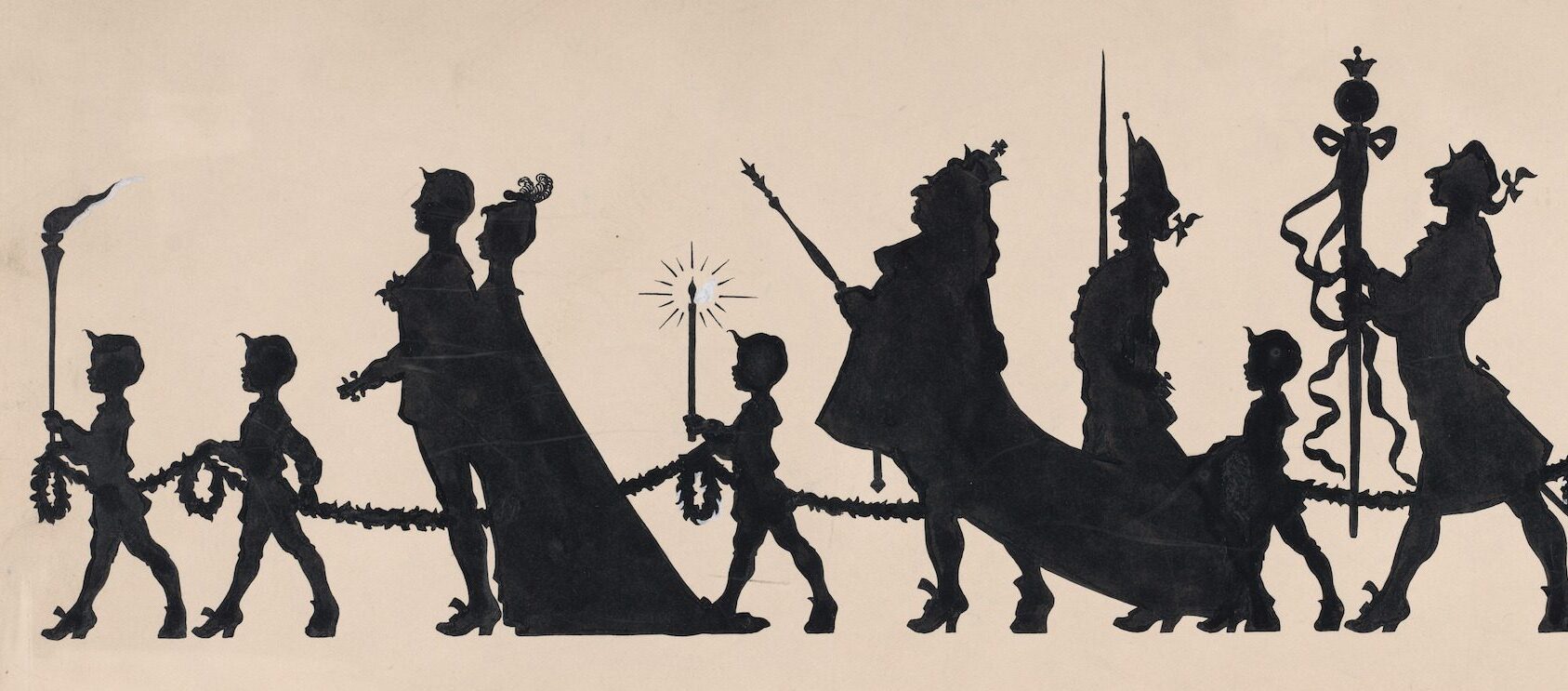
The King has chosen to be called Charles. Let us look at his predecessors, in hopes of finding some indication of where His Majesty might wish to go.
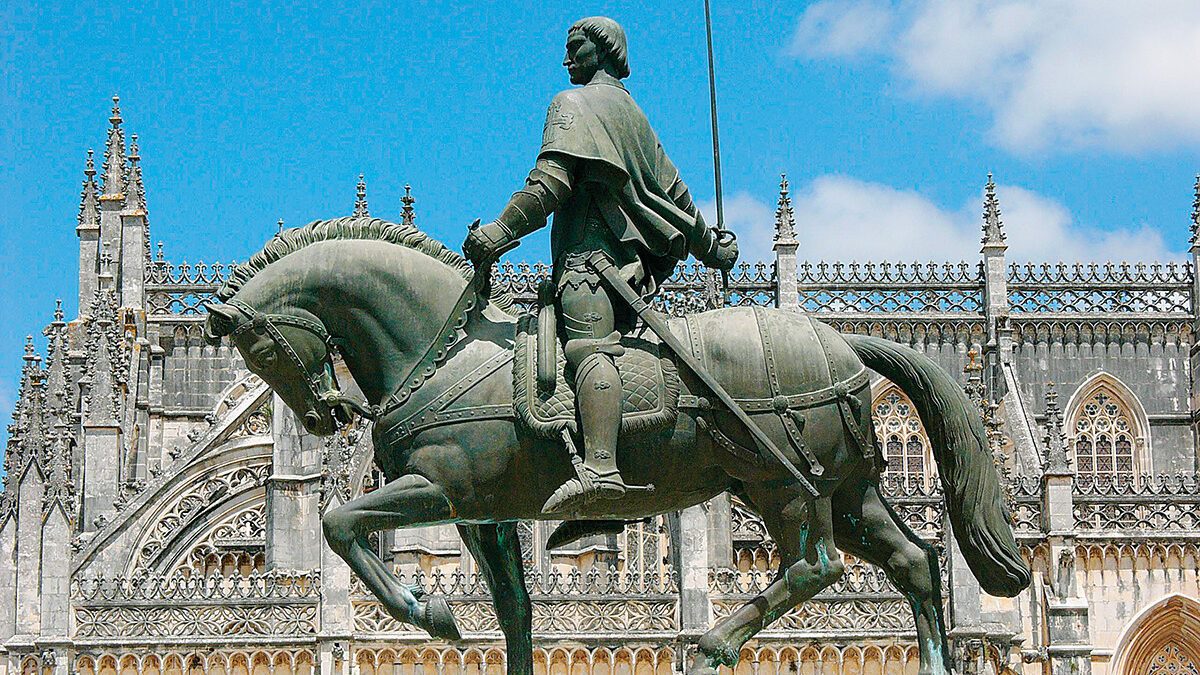
Evil leadership is no leadership at all. Nor is insane nor stupid leadership either. So let us look at their opposite qualities, which in fact define real, true leadership.
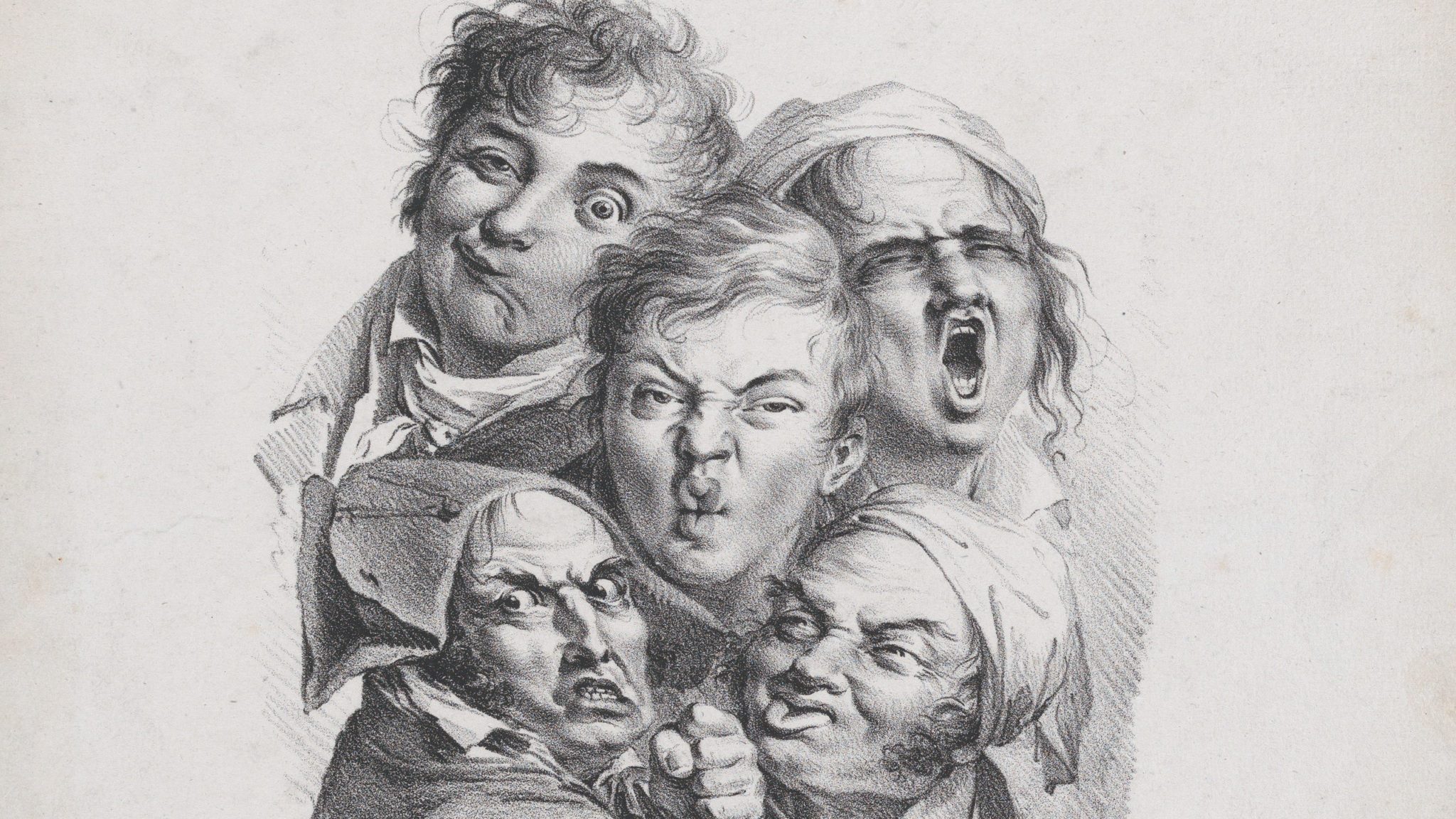
One way to limit how much insanity one absorbs is to simply limit our exposure. But this is merely a stopgap. One needs interior fortification to navigate the maze of madness, and this fortification can and should range from the silly to the sublime.

Many European Conservative writers and thinkers have declared that Europe must regain her Catholic and Christian soul; ultimately, if our country is to survive she must acquire a soul from that same source.
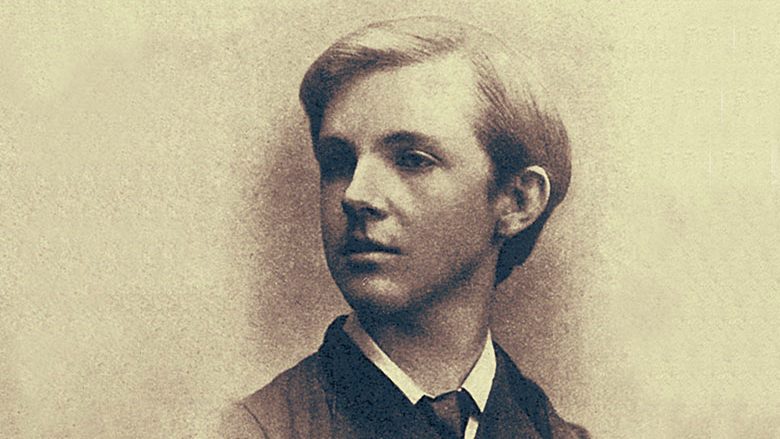
What Lionel Johnson awaited was a biographer who shared both his deep Faith and his soaring erudition in order to convey his work both in its true significance to its author, and on its own terms. With Robert Asch, Johnson has at last found him.